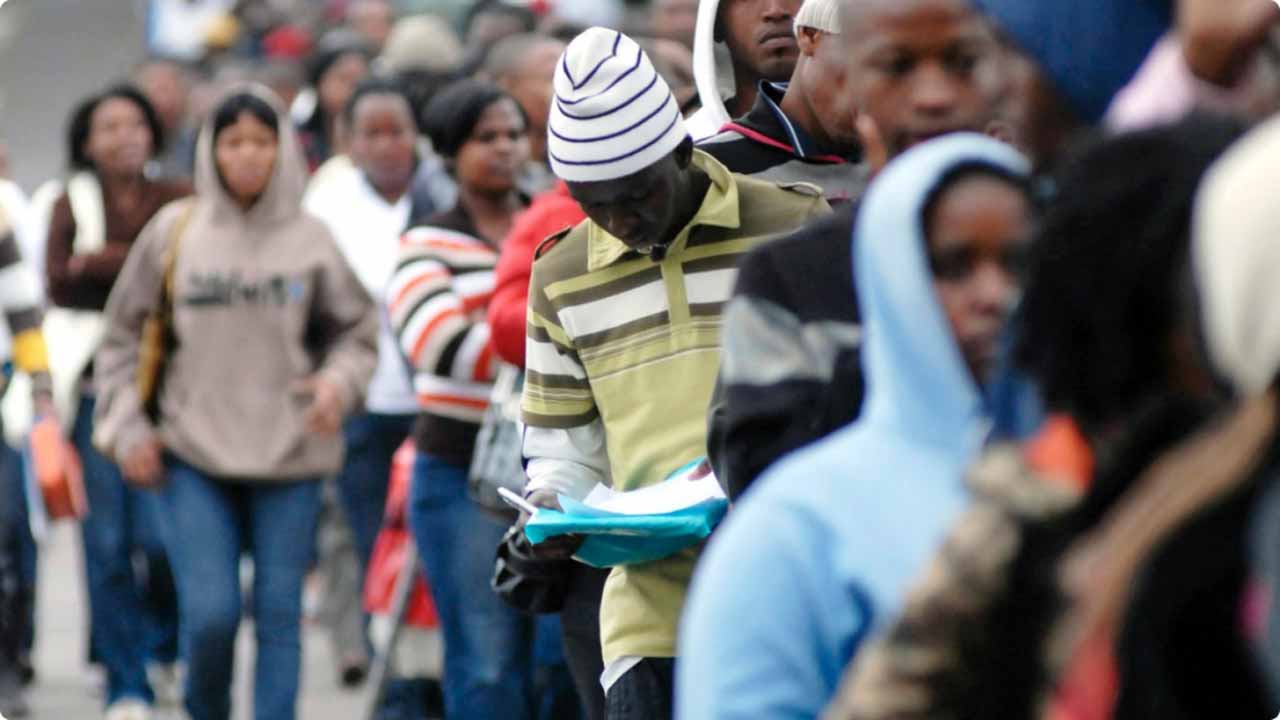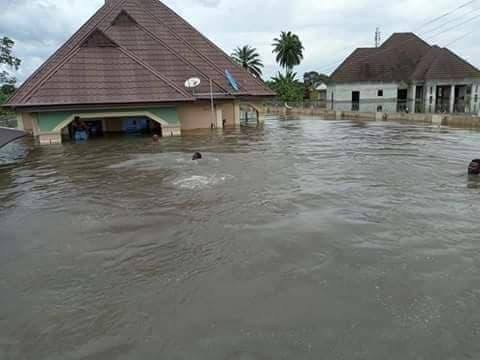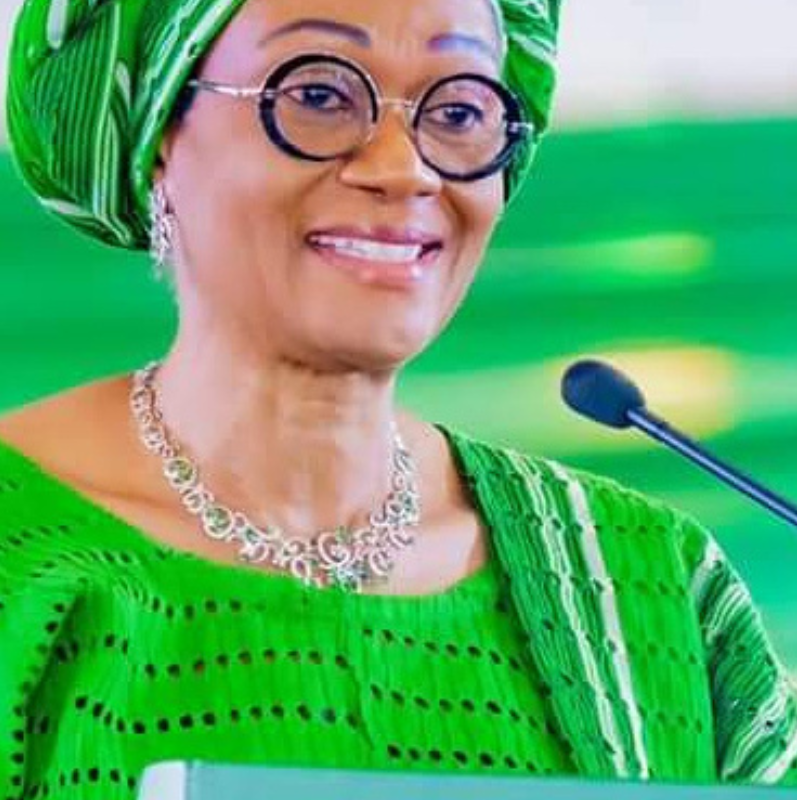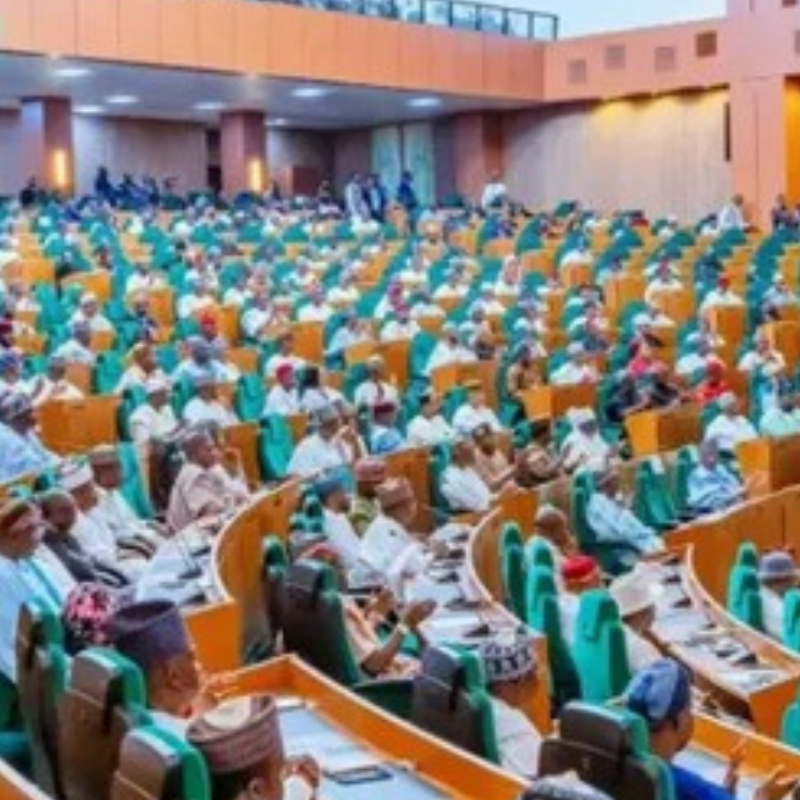As Nigeria celebrates 65 years of independence, the nation stands at a crossroads between promises of equality and the harsh realities of exclusion. Independence brought with it dreams of a fair, just, and inclusive society. Yet, six and a half decades later, too many Nigerians (women, youth, and persons with disabilities) remain on the margins of governance, the economy, and social life.
![]()
This Gender Equality and Social Inclusion (GESI) tracker shines a light on the persistent gaps, not as mere statistics, but as reflections of human lives: the young graduate without a job, the mother lost to preventable childbirth complications, the survivor of gender-based violence still waiting for justice, or the displaced child who sees home only as a memory. By bringing these issues to the forefront, we must ask: what does independence mean if it excludes the most vulnerable?
Political Representation and Leadership
Nigeria’s democracy cannot thrive if vast sections of its population remain excluded from decision-making.
- Women’s Participation: At less than 10 percent of elective offices, women’s representation in Nigeria is among the lowest in Africa, far behind the AU’s 30 percent benchmark. This is not just a statistic; it means millions of Nigerian women have little voice in shaping laws that affect their lives. Patriarchal norms, expensive campaign costs, and the absence of affirmative action laws worsens this inequality.
- Youth Inclusion: With a vibrant youth population, with more than 60 percent under 35 years, the nation is young, but its leadership is not. The Not Too Young to Run Act raised hope, but entrenched structures, political godfatherism, and limited party access keep young people out of power. The voices of young Nigerians, who carry the energy and vision of the future, are too often dismissed.
- Persons with Disabilities (PWDs): The Discrimination Against Persons with Disabilities Act (2019) was a historic step, yet it remains poorly implemented. Inaccessible polling units, inadequate political representation, and the absence of disability-friendly political spaces ensure that millions of Nigerians with disabilities remain voiceless in the governance process.
In addition, bills such as the proposed special seats for women and PWDs have been introduced in the National Assembly, but progress has stalled, and many view them as little more than campaign rhetoric rather than serious commitments to inclusion.
We must know that exclusion from political power is exclusion from shaping Nigeria’s future. Until governance becomes inclusive, democracy remains incomplete.
READ ALSO: Will GESI Bills Survive the Political Calendar? | GESI Tracker
Youth Unemployment
Youth unemployment is not just an economic challenge; it is a ticking time bomb for national stability. Despite being the largest demographic, Nigerian youth face systemic exclusion from formal labor markets.
The job crisis is worsened by poor alignment between education systems and labor market needs, limited access to finance for entrepreneurship, and weak job creation policies. Several youth-focused bills and legislative frameworks designed to address unemployment and underemployment have been introduced, but many remain stalled in the National Assembly, signaling a troubling lack of urgency from policymakers. For many young Nigerians, dreams are deferred indefinitely, driving desperation, migration attempts, and susceptibility to exploitation by criminal and extremist groups.
A jobless generation is one stripped of dignity and purpose and no nation can truly advance while neglecting its youth.

Maternal Health
Every year, thousands of Nigerian women die giving life. Nigeria contributes nearly 20 percent of global maternal deaths, a grim reminder of how unsafe it is to be a woman in many parts of the country. Rural and poor women bear the brunt due to lack of skilled birth attendants, poor infrastructure, and inadequate referral systems. These are preventable deaths, avoidable tragedies that shatter families and communities. Policies exist to address this, but without political will, investment, and accountability, Nigerian women will continue to pay the ultimate price for systemic neglect.
We need to know that behind every maternal death is a child left motherless, a family broken, and a future derailed. This is not just a health issue; it is a human rights crisis.

Gender-Based Violence (GBV)
GBV in Nigeria remains widespread, leaving scars that are physical, emotional, and generational. The Violence Against Persons (Prohibition) Act (VAPP) was a step forward, yet implementation remains weak and inconsistent.
Survivors often face stigma, poor access to justice, and a lack of support services. In states where the VAPP Act has not been domesticated, perpetrators act with impunity. GBV is not just an act of violence; it is a weapon that perpetuates inequality, silences women, and weakens communities. No society can claim progress while half of its population lives under the threat of violence.
Conflict and Displacement
Conflict and insecurity have displaced millions, creating a humanitarian crisis that disproportionately affects women, children, and PWDs. In IDP camps, they face hunger, exploitation, poor sanitation, and limited access to healthcare. Women carry the double burden of being caregivers while also navigating exploitation and abuse. For PWDs, displacement is compounded by physical and systemic barriers that further exclude them from assistance.
Why this matters is that displacement is not just about losing homes, it is about losing dignity, stability, and hope. Ignoring these realities risks fueling cycles of poverty and insecurity for generations.
Climate Displacement
Beyond conflict, environmental crises such as floods, desertification, and erosion are uprooting communities. For rural women and PWDs, the impact is devastating. Limited access to resources, land rights, and mobility make them particularly vulnerable to climate shocks. Yet, climate policies in Nigeria remain largely blind to GESI concerns. Women farmers, who form the backbone of rural economies, are excluded from climate finance and decision-making, despite being among the most affected.
Climate change is not gender-neutral. It exacerbates existing inequalities, pushing already marginalized groups deeper into vulnerability.

Recommendations
- Pass and Implement Pending Bills: Sign GESI Bills for inclusion and strengthen enforcement of the VAPP and Disability Acts.
- Institutionalize Quotas: Establish mandatory quotas to ensure women, youth, and PWDs are represented in political leadership and decision-making roles.
- Invest in Youth Employment: Align education with labor market needs, invest in vocational training, and create financing mechanisms that support youth entrepreneurship.
- Improve Maternal Health: Increase funding for healthcare infrastructure, deploy skilled birth attendants in rural areas, and strengthen accountability for maternal health outcomes.
- Combat GBV Effectively: Domesticate the VAPP Act in all states, invest in survivor-centered services, and train justice actors to handle GBV cases with sensitivity and urgency.
- Protect the Displaced: Ensure inclusive humanitarian responses that prioritize the needs of women, children, and PWDs in IDP camps.
- Integrate GESI in Climate Action: Mainstream GESI into climate policies and programs, ensuring women and vulnerable groups have access to climate finance and decision-making platforms.
Conclusion
At 65, Nigeria’s story is one of resilience but also of unfinished business. The exclusion of women, youth, and PWDs from political, economic, and social life is not just a policy failure, it is a moral failing. Independence cannot be celebrated fully when millions are still denied equal opportunities and protections.
The time for token promises is over. Nigeria must choose a path of bold, inclusive reforms that prioritize people over politics and justice over rhetoric. True independence means a Nigeria where every citizen, regardless of gender, age, or ability, has the power to shape the nation’s destiny.



